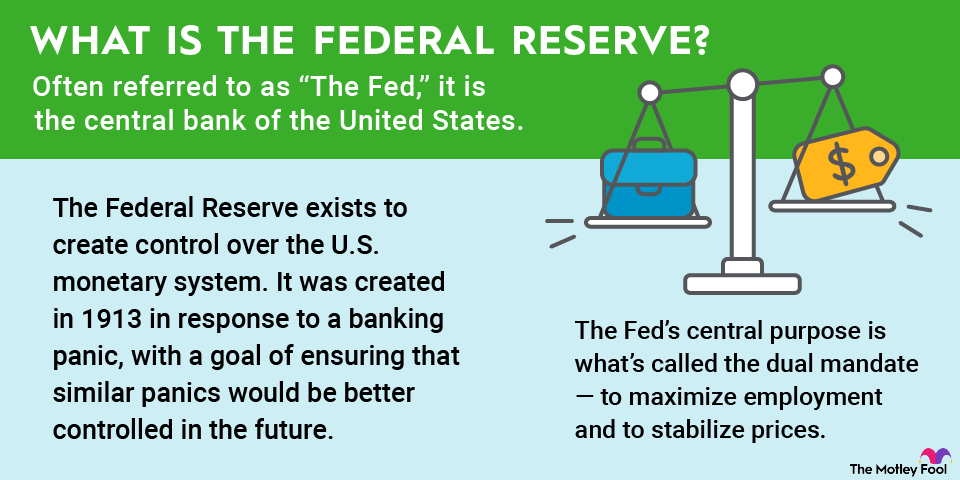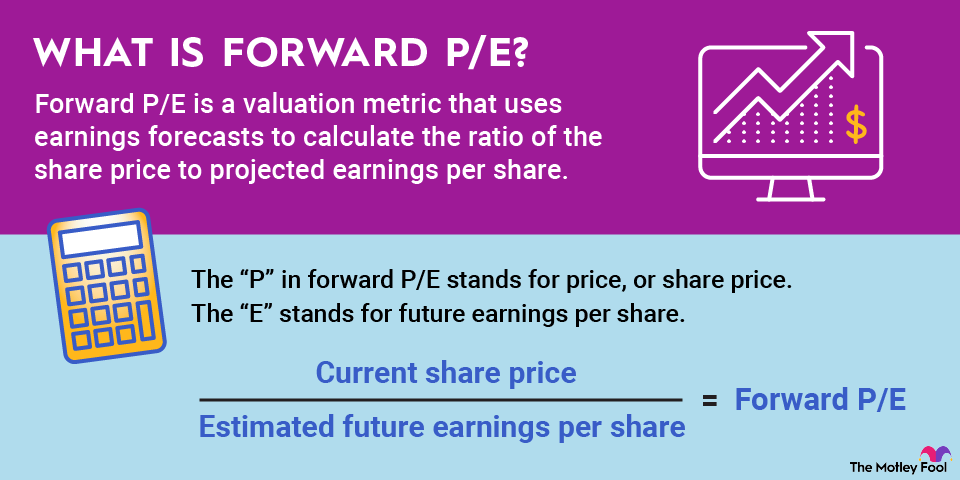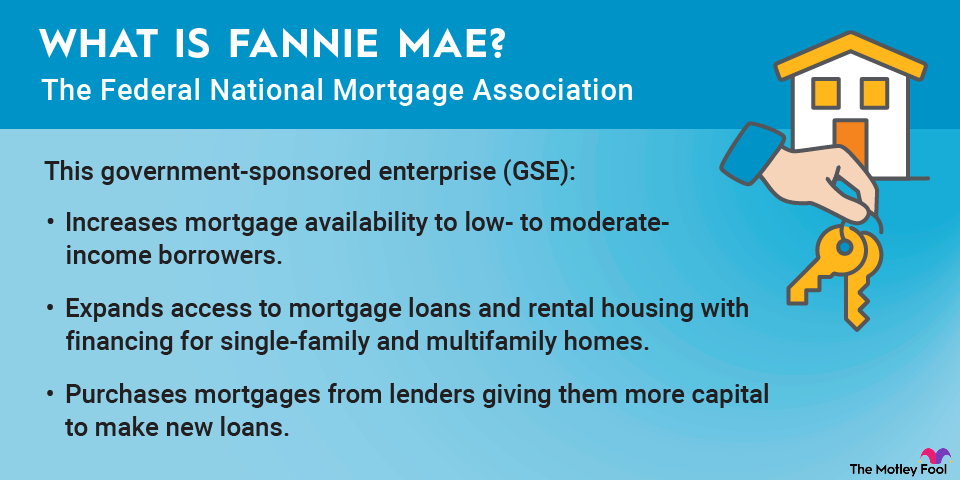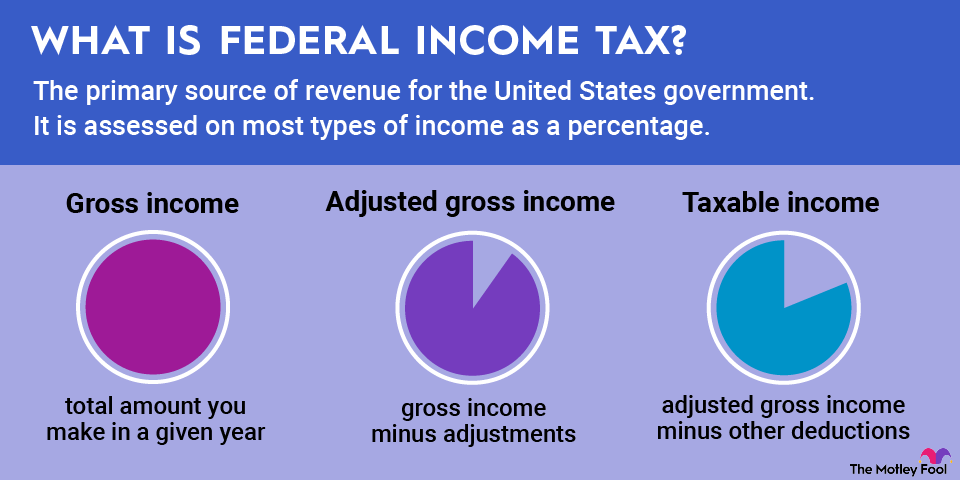A flexible business model is one that can readily adapt to changing market conditions, customer preferences, or technological advancements. It involves being able to adjust strategies, processes, and operations quickly and efficiently to capitalize on new opportunities or mitigate potential threats.

Flexible business models are important because they enable organizations to adapt quickly to changing market conditions, foster innovation, and optimize resource allocation. This agility allows businesses to respond effectively to customer demands, market fluctuations, and technological advancements, ultimately enhancing competitiveness and profitability.
What is a flexible business model?
A flexible business model allows a company to adapt quickly to changing market conditions, customer needs, or internal challenges by adjusting its operations, strategies, or even its core business model itself. This adaptability is achieved through various mechanisms, including flexible staffing, technology, and operational processes.
For example, instead of relying solely on full-time employees, businesses can hire contract workers or freelancers for specific projects or tasks, allowing them to scale their workforce up or down based on demand. Companies can offer a mix of in-office and remote work options, accommodating different employee needs and preferences while also potentially reducing overhead costs.
Companies that leverage technological innovations like cloud computing and other automated processes can achieve flexibility in IT infrastructure and reduce capital expenditures. Automating repetitive tasks can free up employees to focus on higher-value work and allows businesses to respond more quickly to changing needs.
Operational agility is another key aspect of a flexible business model. Businesses can structure their operations into smaller, self-contained units that can be easily reconfigured or repurposed based on changing market demands. This involves developing plans that can be adapted to unforeseen circumstances, allowing businesses to respond to unexpected events or changes in the market.
Companies can outsource certain functions or processes to external providers, allowing them to focus on their core competencies and maintain flexibility in their operations. Businesses can then segment their target market and tailor their offerings to specific customer needs, allowing them to adapt to different customer preferences and market trends.
Key characteristics of a flexible business model
Flexible businesses can quickly respond to shifting market conditions and evolving customer needs. They are agile in their decision-making and execution, allowing them to pivot when necessary. A flexible business model encourages innovation and experimentation, allowing for the development of new products, services, and processes. Flexible businesses can allocate resources strategically, including human resources, to meet changing demands and priorities.
Flexible businesses prioritize customer needs and preferences, adapting their offerings and operations to meet those needs. A culture that embraces change, encourages continuous improvement, and empowers employees to participate in the change process is also a key characteristic of a flexible business model.
These models can be scaled up or down as needed, ensuring the business remains sustainable and competitive in a dynamic marketplace. Such businesses often foster collaboration and teamwork, enabling employees to work effectively together to achieve common goals. Flexible models can help optimize operational costs by streamlining processes, leveraging technology, and optimizing resource utilization.
Potential benefits of a flexible business model
A flexible business model offers several advantages, including enhanced adaptability to changing market conditions, improved cost efficiency, and greater employee satisfaction. It allows businesses to respond quickly to unexpected situations, take advantage of new opportunities, and maintain a competitive edge. Flexible models enable businesses to adjust quickly to market shifts, technological advancements, and customer demands.
This agility allows companies to pivot strategies, experiment with new products or services, and capitalize on emerging opportunities. Flexible work arrangements, like remote work, can reduce overhead costs associated with office space, utilities, and commuting. This cost-effectiveness can free up resources for other areas of the business, such as research and development or marketing. Flexible work options, such as flexible hours or remote work, can also improve employee work-life balance and reduce stress. This can lead to increased job satisfaction, reduced absenteeism, and lower employee turnover rates.
Flexible work arrangements can attract a wider range of candidates, including those who may not be able to work traditional office hours or in a specific location, allowing access to a wider talent pool that meets the needs of customers across time zones. A flexible work environment can foster a culture of creativity and innovation, where employees feel empowered to try new ideas and take risks. This can lead to the development of new products, services, and processes that improve the bottom line.
Related investing topics
The bottom line on flexible business models
Flexible business models can take a variety of forms. For example, companies that can adapt their supply chains to changing conditions, such as sourcing from multiple suppliers or optimizing inventory management, can be more resilient against the backdrop of changing economic or market dynamics. As another example, companies that can adjust their pricing strategies based on market demand or customer segments can better manage costs and maximize profits.
Flexible companies are better equipped to respond quickly to market changes, new opportunities, and threats. By adapting to changing conditions and innovating, flexible businesses can gain a competitive edge. Efficiency gains and the ability to capitalize on new opportunities can lead to higher profits. Flexible businesses are often better positioned to weather economic downturns or unforeseen circumstances.



















